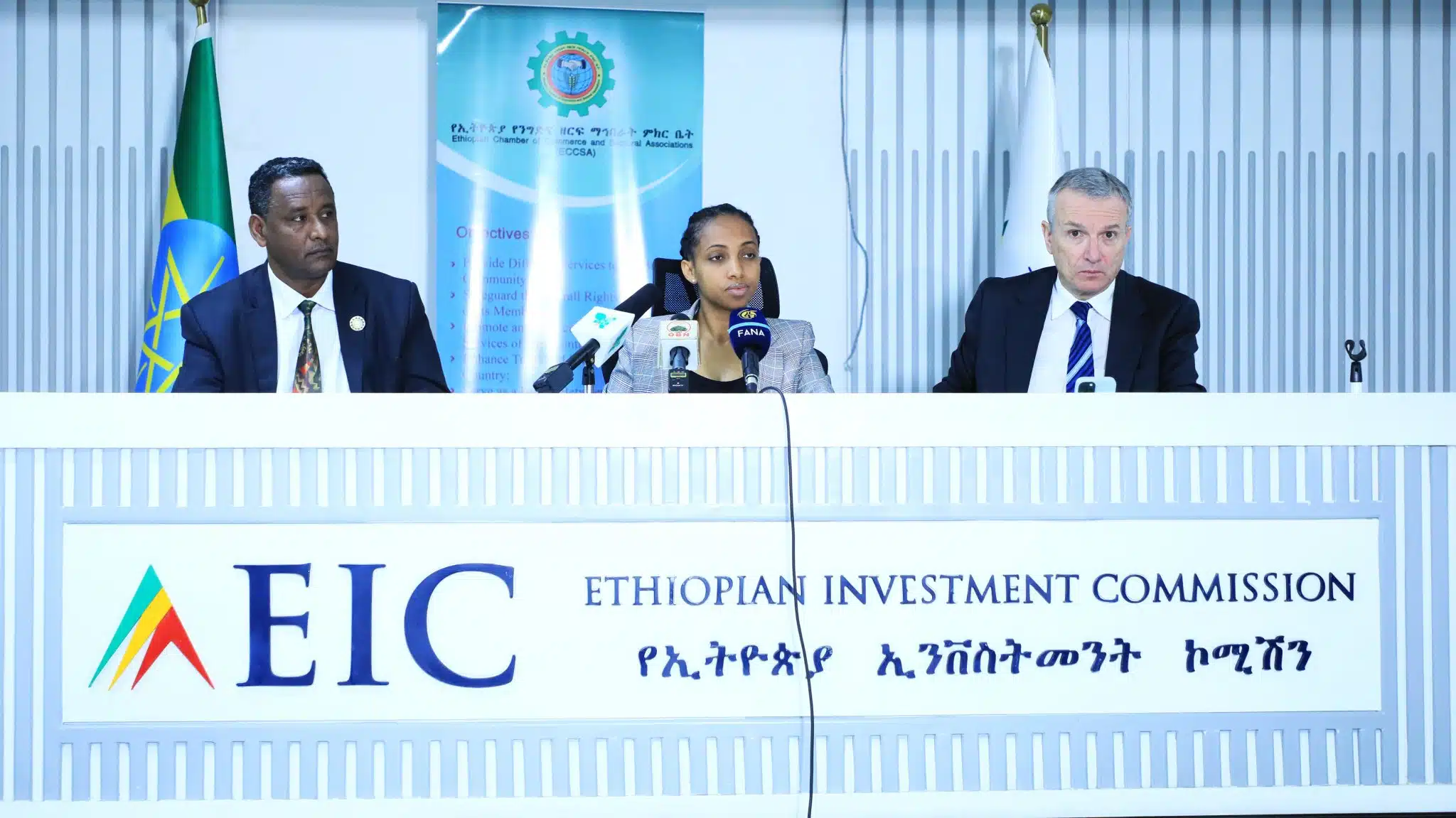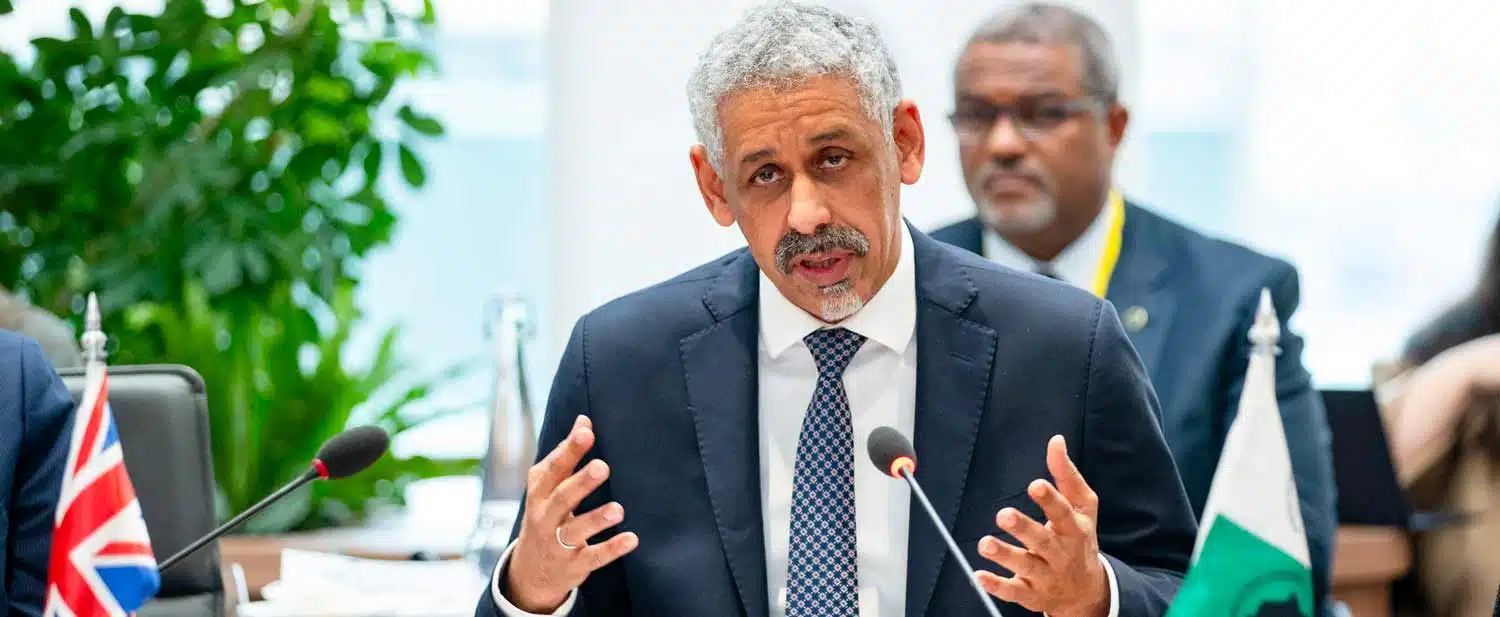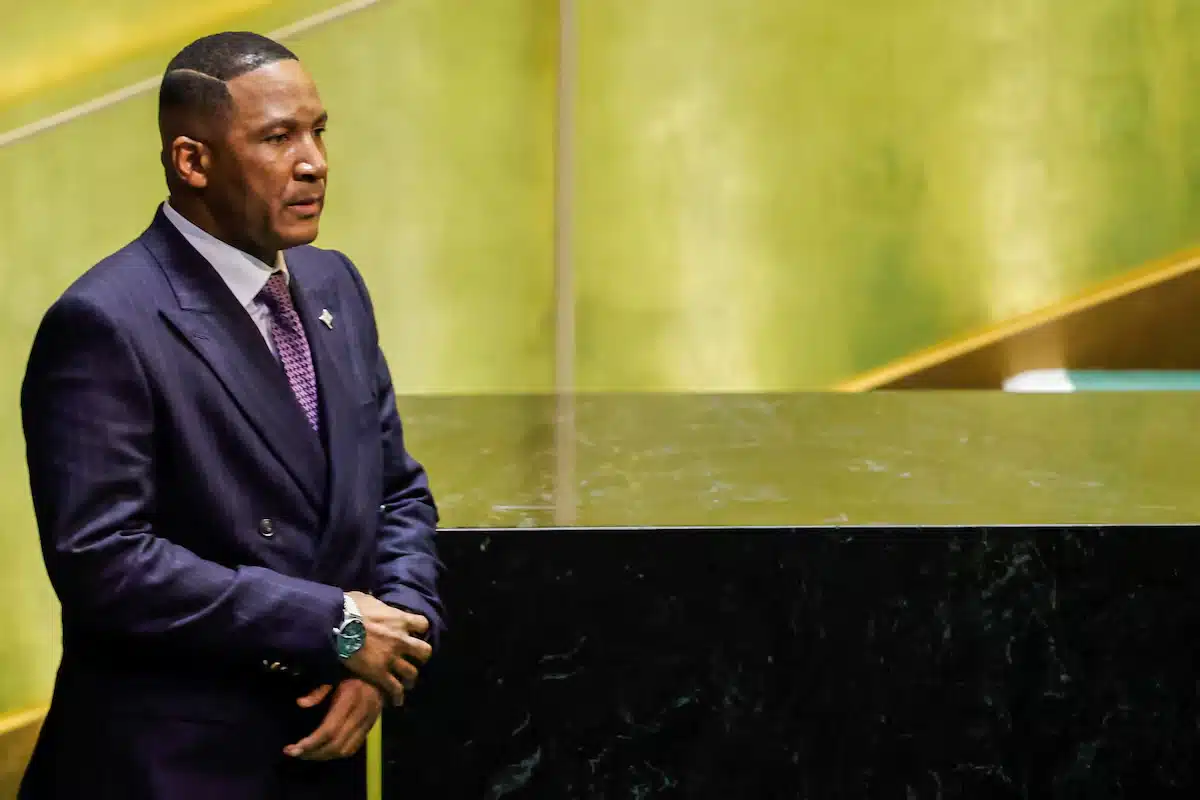Foreign Direct Investment (FDI) into Ethiopia rose by 5.6% in the fiscal year ending July 2025, even as the government scrapped rules that had barred foreign players from the economy for nearly half a century.
New data from the Ethiopian Investment Commission (EIC) shows that FDI rose to $4 billion in the 2024/2025 fiscal year from $3.8 billion a year earlier, driven by a surge in investment permits.
Of the 544 new and expanded permits granted during the year, foreign investors accounted for the majority with 308, while joint ventures secured 109 and domestic investors 98.
The Commission noted permits were issued across key sectors including manufacturing, agriculture, ICT, and the newly opened import-export trade, which received 61 new licenses.
“This performance demonstrates investors’ confidence in the country’s ongoing macro-economic reforms,” the EIC said in a statement on Tuesday.
“Through its efforts to streamline investment processes and improve service delivery, the EIC has increased investor confidence by 20%.”
Ethiopia’s subdued FDI growth follows a major policy shift ending restrictions that had excluded foreign investors from its economy since the 1970s.
In March 2024, the EIC issued a directive permitting foreign participation in sectors previously reserved for domestic players.
Beyond attracting more foreign capital, the directive seeks to ease Ethiopia’s integration into the global economy by addressing market monopolies and uneven competition.
Industrial zones, regulatory reforms boost investment
Ethiopia converted 14 industrial parks—10 state-owned and four private—into Special Economic Zones, offering more flexible rules and competitive incentives.
Projects within the zones generated $123 million in export earnings, while those outside contributed over $543 million.
The EIC also reported that local manufacturing initiatives replaced more than $1 billion in imports, strengthening the trade balance and domestic industrial capacity.
The May “Invest in Ethiopia” forum, which drew over 700 investors from 42 countries, added $1.6 billion in new FDI as participants secured investment permits.
Further, the Commission digitised core services to enable full online registration, licensing, and post-investment support.
It also introduced three legal reforms to simplify licensing, safeguard investors, and align regulations with international standards, alongside public-private dialogues addressing customs, taxation, and legal predictability.
“These achievements demonstrate Ethiopia’s commitment to building a competitive and investor-friendly economy that delivers tangible benefits to both domestic and international investors,” the EIC said.
While these initiatives have sparked interest, translating Ethiopia’s liberalisation reforms into substantial foreign capital will take time.











